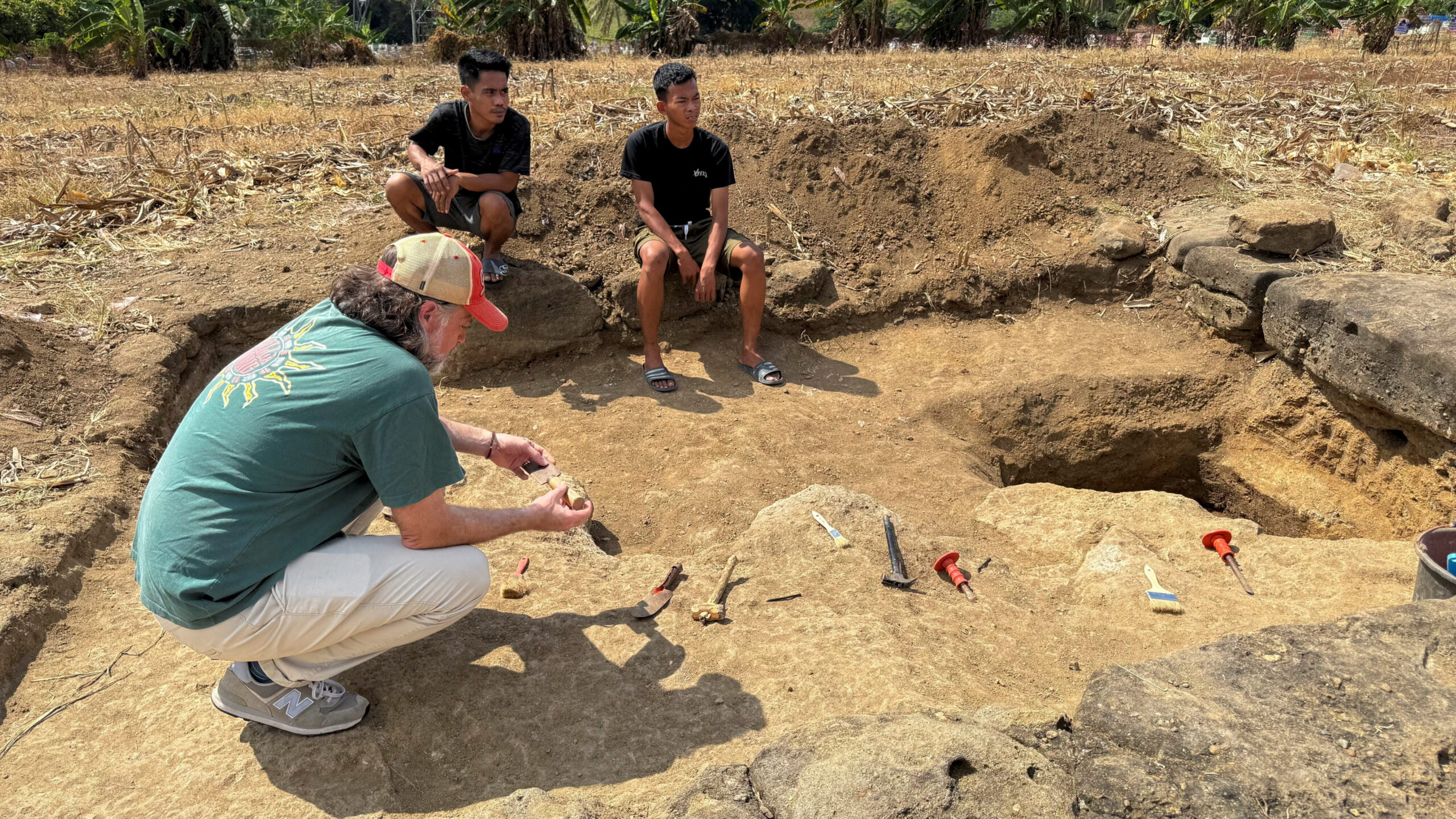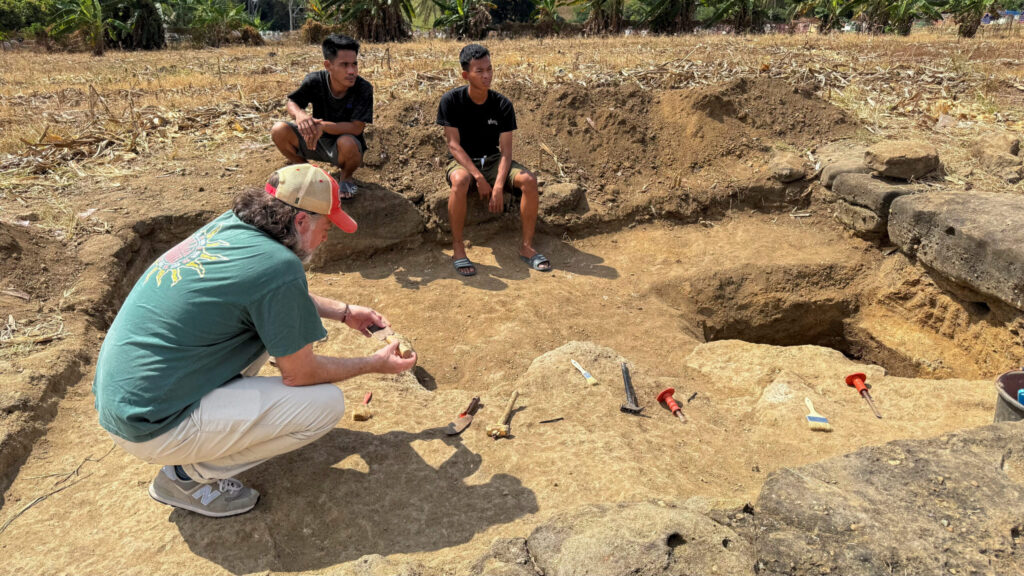
Sulawesi Stone Tools Rewrite History: Humans in Wallacea 1.48 Million Years Ago!
A groundbreaking discovery on Sulawesi Island, Indonesia, is rewriting the narrative of early human migration. Archaeologists have unearthed stone tools dating back an astonishing 1.48 million years. This pushes back the timeline of human presence in the Wallacea region significantly.
The find, announced on August 12, 2025, predates all previously known human settlements in the area by a considerable margin. It challenges established theories about the limits of early Homo erectus’s navigational capabilities.
The implication is profound: Homo erectus, known for its relatively advanced toolmaking skills, may have possessed the seafaring prowess to traverse significant water bodies. This raises exciting new questions about the routes and methods of early human dispersal across Southeast Asia.
This discovery compels a reassessment of our understanding of human evolution and migration patterns. Further research into the Sulawesi findings promises to unveil more secrets of our ancient past and its impact on our present-day world. The implications for understanding the peopling of Oceania are particularly significant.







